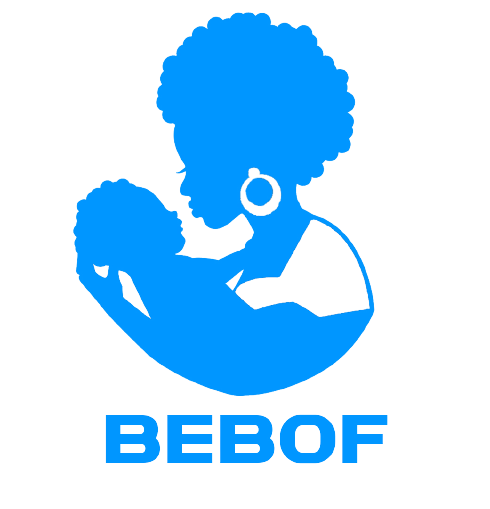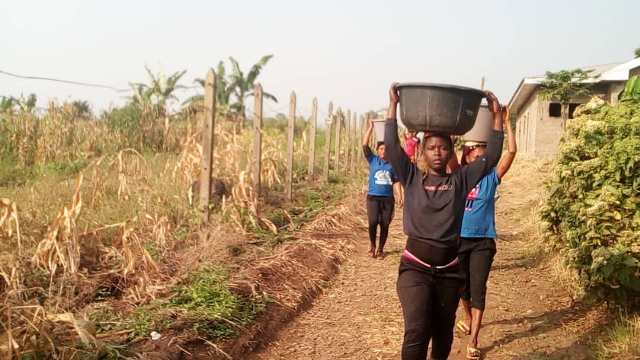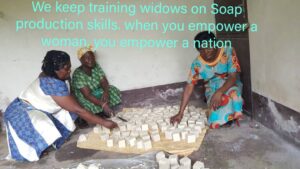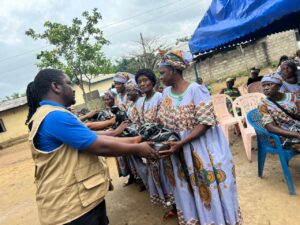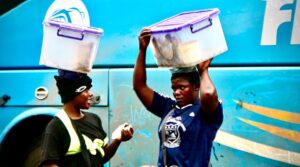The world is facing a water crisis, which highlights a vast gap in clean water accessibility between the rich and the poor. Buea, a Municipality in the Southwest Region of Cameroon, is not an exception to this water gap faced by the world.
In an assessment study carried out by The Berine and Bokwe Foundation, Buea, women, young girls and children, trek long distances to fetch good drinking water.
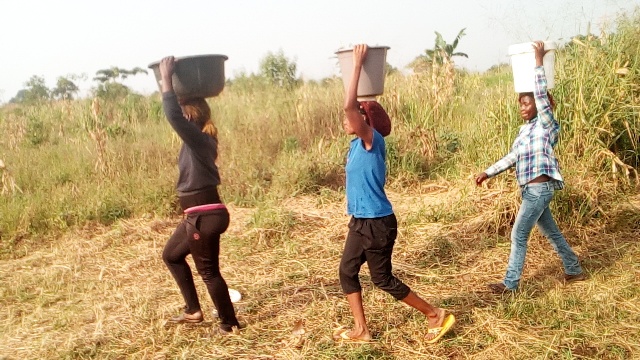
The study was based in four towns in Buea; Ndongo (Molyko), Muea, Mile 16 and Bokwango. Women of these areas lack access to safe drinking water and have to trek miles in these localities in search of good drinking water. The biggest challenge for the inhabitants of these localities is finding drinking water. Finding good and safe drinking water is tough during the dry season as most water bodies dry up.
After succeeding to fetch good drinking water in gallons, it takes maximum, a day or two, and the process of trekking miles begins again. The water is insufficient to meet the needs of an entire household that can last for a long period. The conditions were thought to have been redeemed by the rainy season, but the situation is even now more detrimental to these communities, as the hygienic condition of the water is very poor and there are no water filters and purifiers to keep the water clean from bacteria.
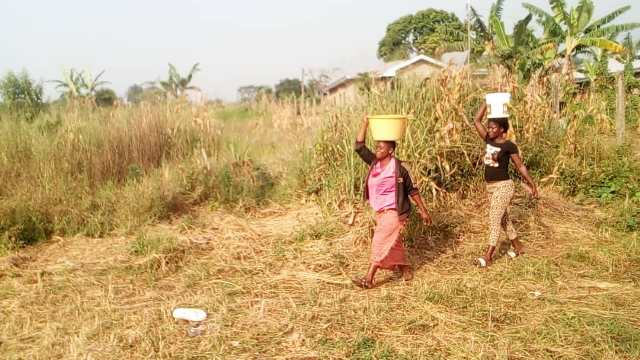
The people have lived in these areas with the situation for decades now, with little or no bore holes to remedy the situation. The few bore holes that are around the locality, the water is been sold to the people, and the inhabitants will have to stand in queues for hours so as to purchase water. Natural springs are drying up and the people have no choice but to purchase the water, no matter the cost. The water purchased, however, is not always clean. This therefore, has vast health implications for the people of the inhabitants of these localities.
The water is used for drinking, cooking, bathing and laundry. This can be one of the factors that account for Cameroon being one of the most affected countries of waterborne diseases such as diarrhea, typhoid and cholera, which hit the country in the fall of 2021.
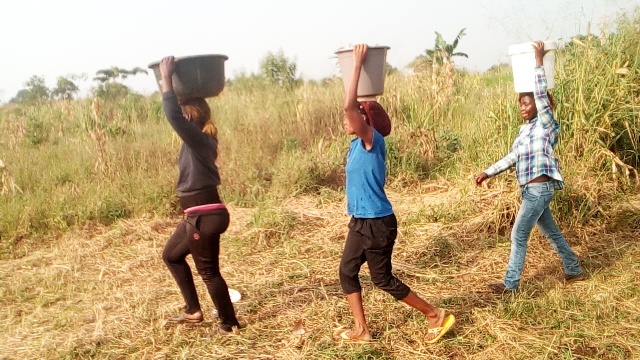
There is therefore, a need to provide boreholes, water tanks, and clean water access to the crisis affected women in the conflict areas of the Northwest and Southwest regions of Cameroon. This will go a long way to curb the long distance trekking, time management, and the negative health implications of poor drinking water on the health of women and children in these areas.
